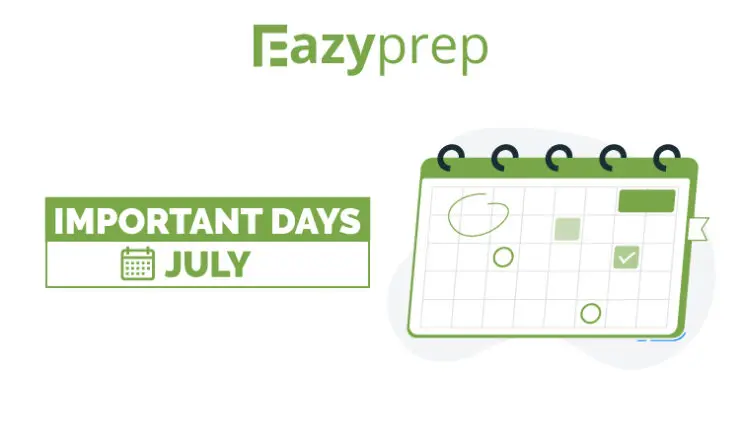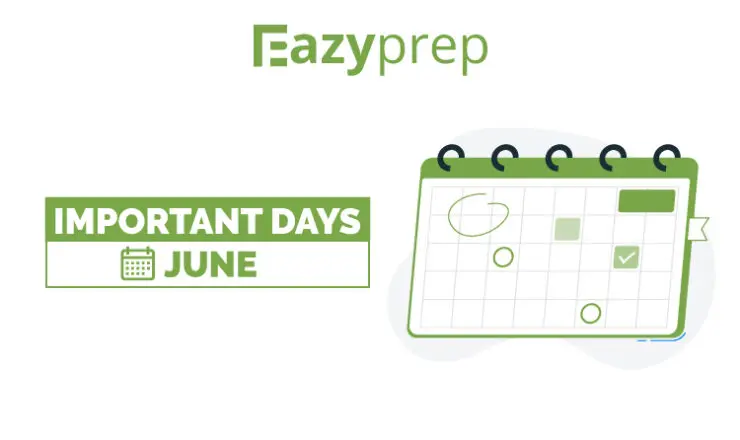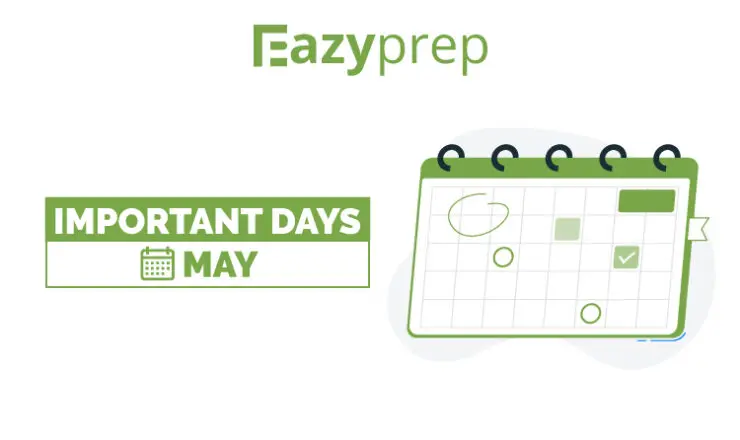![]()
 What will you learn in this article
What will you learn in this article
- What are parts of speech?
- Types of parts of speech.
- How they help in improving your English language skills.
 ExamConnect
ExamConnect
Parts of speech are the basis of grammar. Every grammar question you attempt in your exam, usually comprising more than 50% of the verbal ability section, will depend on your basic knowledge about parts of speech.
Parts of Speech
How many sentences have you spoken till date? And how many have you written and heard? It’s uncountable, right?
Well, it’s amazing that every thought we have, every word we speak, every speech we hear consist of only eight types. The eight parts of speech. Let’s quickly find out what they are.
Well, I usually see the eight parts of speech as a family. The main members of the family are a brother, Noun, and his sister, Verb. Let’s see who they are:
NOUN | VERB |
| This is Noun. He has a brilliant memory and knows all the Names, Animals, Places and Things in the word | This is Verb. She is extremely active and knows all the actions in the world. |
| Technical Definition: Nouns are words used to name a person, animal, place, thing, and abstract idea. Eg. Varun, tiger, Paris. | Technical Definition: Verbs are action words which indicates the happening of some work. Eg. run, fly, do. |
Now both noun and verb have their own family members. Let’s meet noun’s family first.
ADJECTIVE | PRONOUN |
| This is Adjective, Noun’s wife. She loves noun so much and just cannot stop talking about him, or her son. | This is Noun’s son, Pronoun. Pronoun is also trying to be as knowledgeable as noun. He replaces his father at work sometimes. |
| Technical Definition: Adjectives modify nouns and pronouns by describing, identifying or quantifying them. Eg. Bold, Studious. | Technical Definition: Pronouns replace a noun to avoid repetition in content. Eg. He, It. |
Let’s meet Verb’s family now. Hers is much smaller.
ADVERB |
| This is Adverb, Verb’s husband. Like Adjective, he loves his spouse so much that he cannot stop talking about her and describing her actions to anybody who will listen. Of course, he also talks about other things, as you will learn below. |
| Technical Definition: Adverb is a word or expression which modifies a verb, adjective, another adverb or a phrase/sentence. Eg. Quickly, Beautifully. |
And then we have some other relatives. Let’s meet them as well.
CONJUNCTION | PREPOSITION | INTERJECTION |
| This is Conjunction, a distant cousin. He keeps everybody connected when they get together | This is cousin Preposition, the most logical of all. She tells everyone how things are related to each other in time and space. | This is uncle Interjection. Nice chap, but he’s always over-excited and highly emotional. |
| Technical Definition: Conjunctions are used to connect words, phrases, and clauses. Eg. And, Or. | Technical Definition:Prepositions highlight the spatial or temporal relations between different components of a sentence. Eg. Over, At. | Technical Definition: Interjections convey emotions, moods and temperaments in sentences. Eg. Yay! Ouch! |
So there you have it. This is the Grammar Family of the Eight Parts of Speech.
EazyTip: Creating logical structures and picturising things will help you remember them. So here’s the Grammar Family in totality:
Verb | ||
Adjective | Adverb | |
Conjunction | Proposition | Interjection |
Note: Articles are not technically considered a separate part of speech, because they define nouns (for example: A man, The movie), and are hence adjectives.
Let’s look at how they make up all components of what we speak, hear, write and think with a few examples. Here are the components as we have discussed above.
| Noun | Verb | |
| Adjective | Pronoun | Adverb |
| Conjunction | Preposition | Interjection |
Example:
Hurrah! The great king Ashoka won the battle of Kalinga. He is leading his army and after fighting bravely, they are now moving forward.
Let’s check how this sentence is made up of parts of speech:
Hurrah!: Interjection
The great: Adjective
King Ashoka: Noun
won: Verb
the: Adjective
battle of Kalinga: Noun
He: Pronoun
is leading: Verb
his: Pronoun
army: Noun
and: Conjunction
after: Preposition
fighting: Verb
bravely: Adverb
they: Pronoun
are: Verb
now: Adverb
moving: Verb
forward: Adverb
All covered? Well our point is proven. Everything we say is made of the parts of speech.
You will learn more about individual parts of speech in the following chapters. But for now, do attempt the questions and exercise given below to check your understanding of the chapter.
 Check Your Understanding
Check Your Understanding
- Articles are a type of ________ because they modify nouns
- Adverbs modify verbs, _____, ______ and _______.
- Prepositions highlight the _______ or ________ relations between different components of a sentence.


